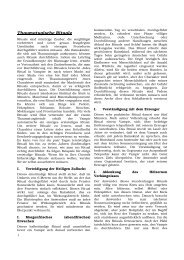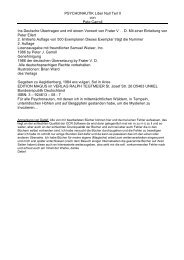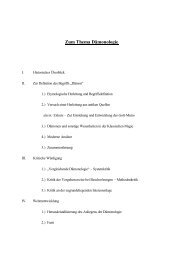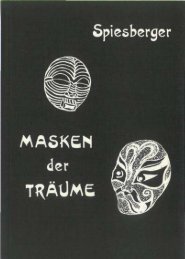CHAPTER 2 CHAPTER 3 CHAPTER 1 CHAPTER 2 CHAPTER 3 ...
CHAPTER 2 CHAPTER 3 CHAPTER 1 CHAPTER 2 CHAPTER 3 ...
CHAPTER 2 CHAPTER 3 CHAPTER 1 CHAPTER 2 CHAPTER 3 ...
Create successful ePaper yourself
Turn your PDF publications into a flip-book with our unique Google optimized e-Paper software.
<strong>CHAPTER</strong> 1 30<br />
fleksebla, praktika solvo de la problemo de generala interkompreno, Esperanto meritas seriozan konsideron."<br />
Bill Cunningham, in "The Boston Herald," said: "There can never really be one world until there's one<br />
language . . . one working language that the people running that world can speak, write and understand . . ."<br />
Undoubtedly we need some sort of international language to surmount the barriers that diverse languages have<br />
created ever since the building of the Tower of Babel. The difficulty lies in getting people to learn a tongue<br />
different from their own. Why learn an artificial language, say the English-speaking nations, when English is<br />
so eminently suitable? On the other hand, the French and the Germans and the Italians stubbornly insist that<br />
French or German or Italian is the best means of communication. However illogical such a position might<br />
appear, one really can't blame them. So we need an international language.<br />
The meetings of the United Nations Security Council bear out this need. Everything the Russian delegate says<br />
has to be translated into English and French. Not only is this a waste of precious time, but it is also a burden<br />
on those who understand Russian and French as well as English. They have to listen to the delegate's words<br />
three times running. If the delegate could speak in some international language, much time would be saved<br />
and his speeches would have to be heard only once.<br />
Many of the old ways will be eliminated in the New Age. Even now we can see the trend. We are now in a<br />
transitional stage to the Golden Dawn just ahead of us. We will again "speak with angels," for we will<br />
understand and speak the Solex-Mal, the original, and Universal Mother Tongue of Creation.<br />
The inhabitants of other worlds call our Earth Saras or Saros. Saros is a Babylonian numeral representing<br />
sixty sixties or three-thousand six hundred. It is also the Chaldean cycle of years, and in ancient Chaldean it<br />
meant "repetition", or "repetition of cataclysms". A fitting word for the Earth planet! Our world is also called<br />
Chan or Shan. This word also describes our Earth very well, indeed! Our world has been termed the<br />
"sorrowful planet". Perhaps the word sorrow came from _saros_; at least, it sounds like it could have.<br />
Eventually, dictionaries will not even be used, for the Solex-Mal is a symbolic, pictographic language. When<br />
reading it in written form, one interprets symbols instead of reading words. Therefore, a symbol will be<br />
understood by all whether they have ever seen the particular symbol before or not.<br />
The following symbolic writing was received by our research group in northern Arizona in 1952. It is believed<br />
to be written in Solex-Mal. It has not been translated as yet. Some of it is Atlantean in character and the<br />
signatures of prominent personages are in evidence. It is evidently a complete message in itself.<br />
Â<br />
TAUMA<br />
RAU<br />
MAMMAU<br />
RAMDA<br />
LENN-YAH<br />
MU-NATAI<br />
KAAR-MU-DUM






